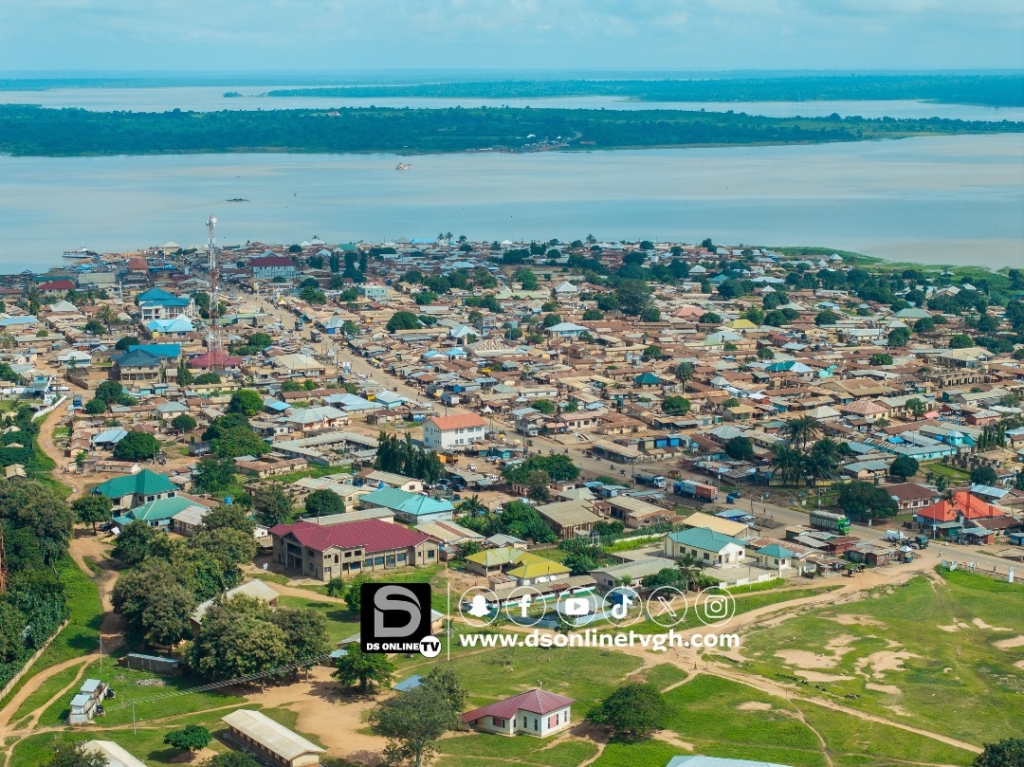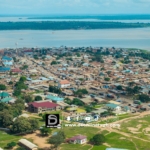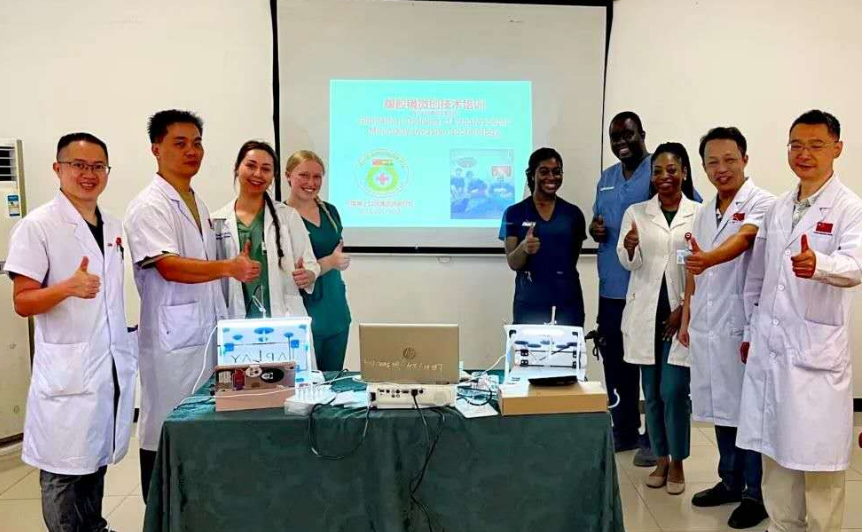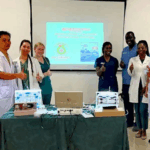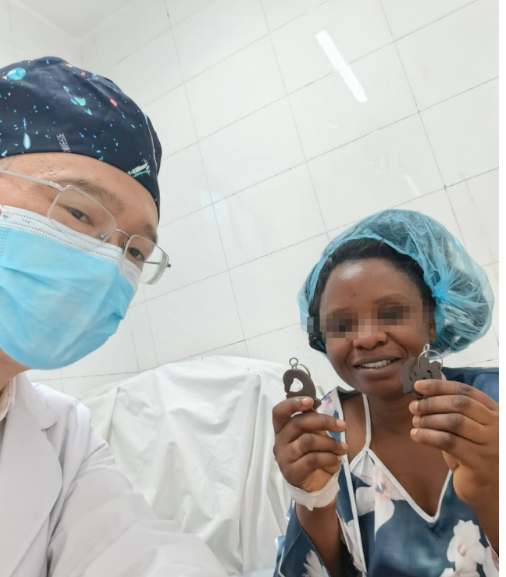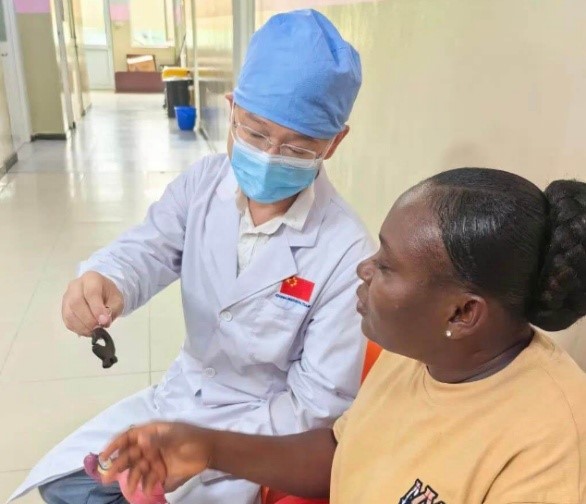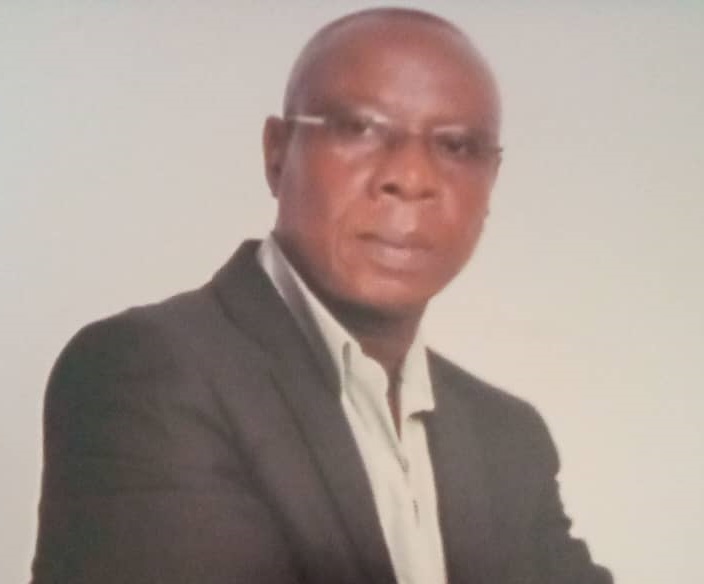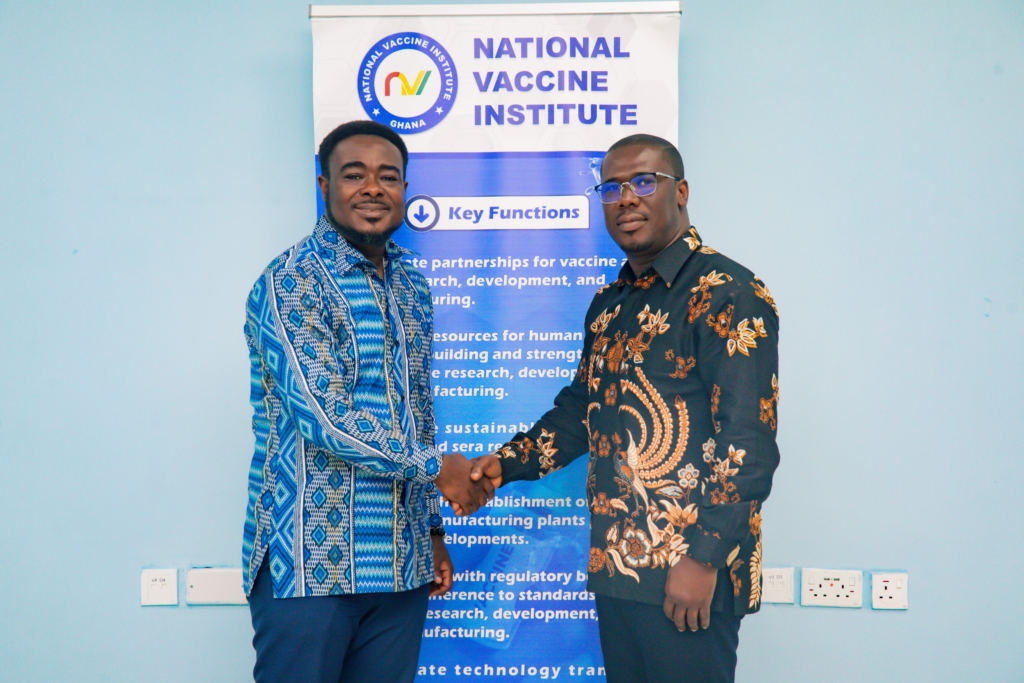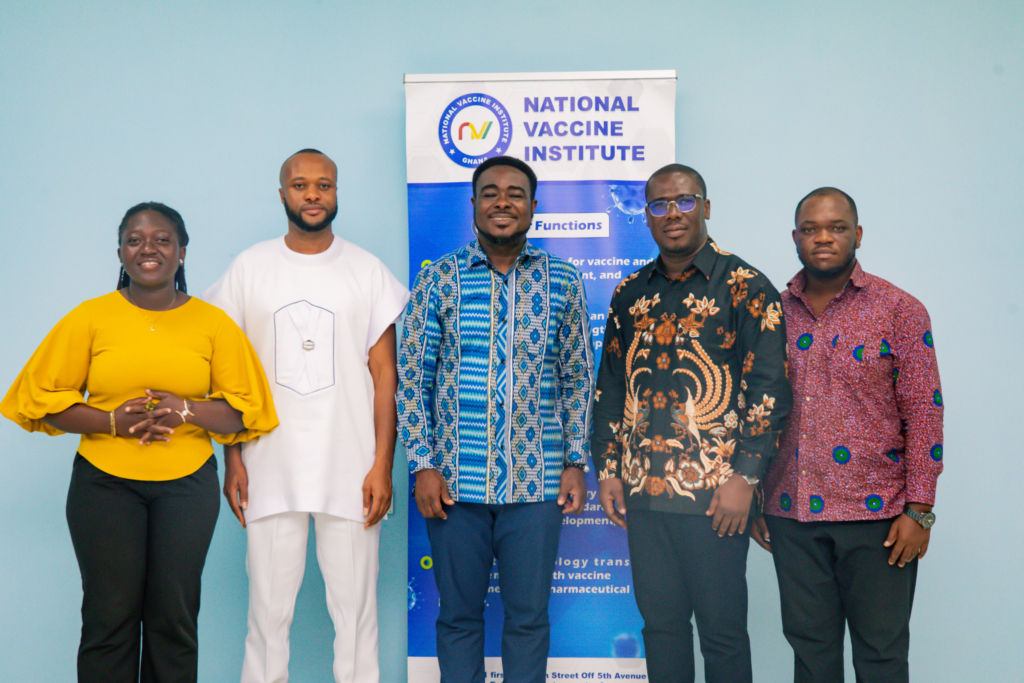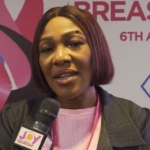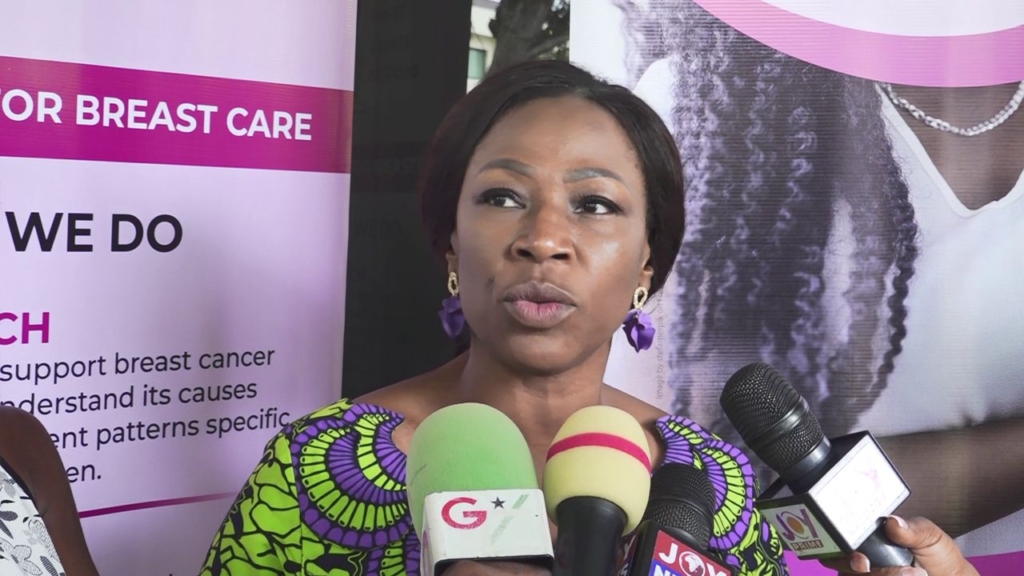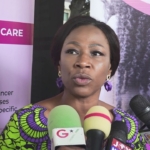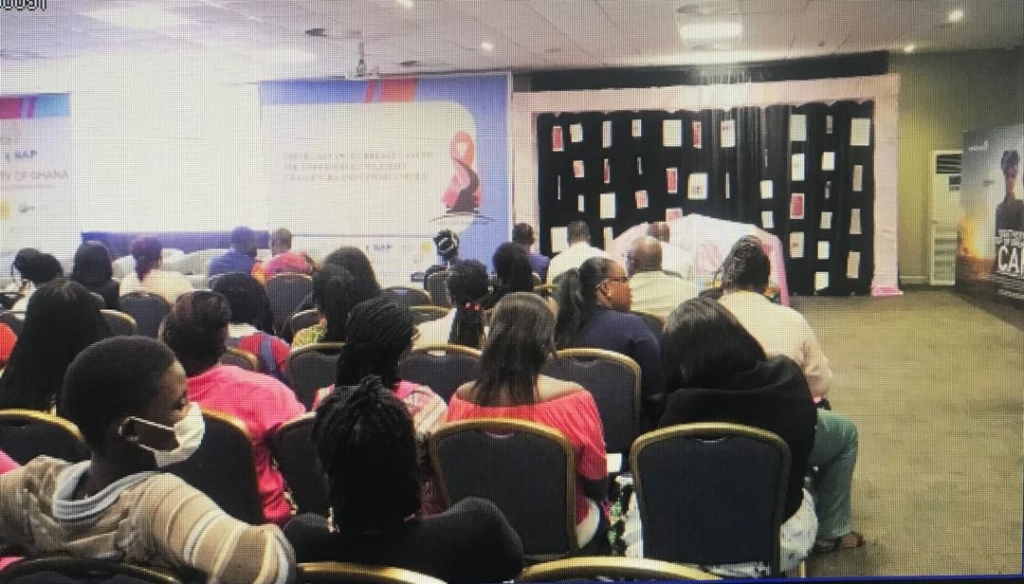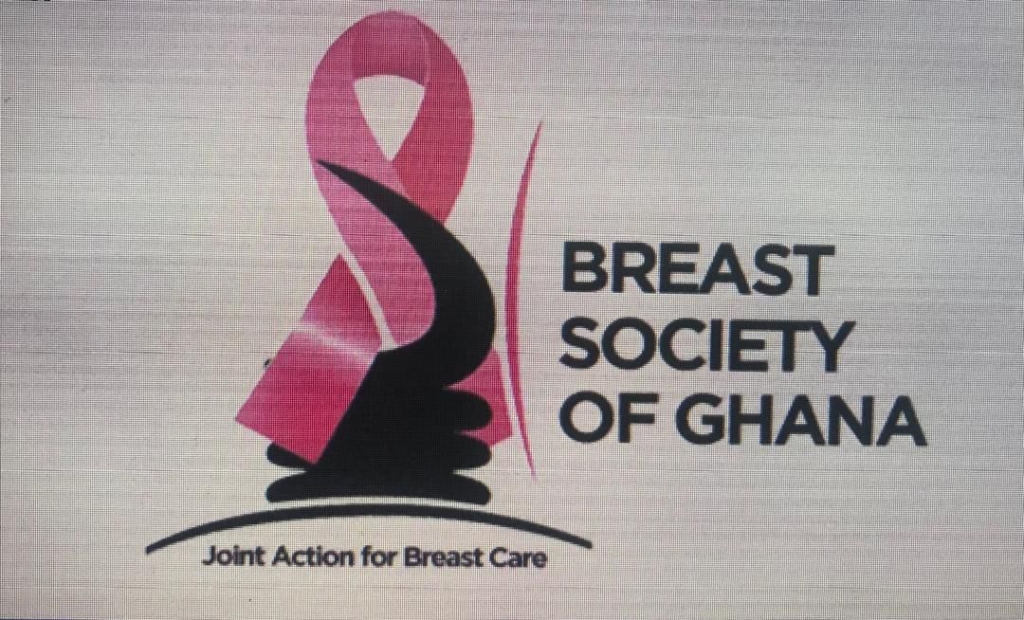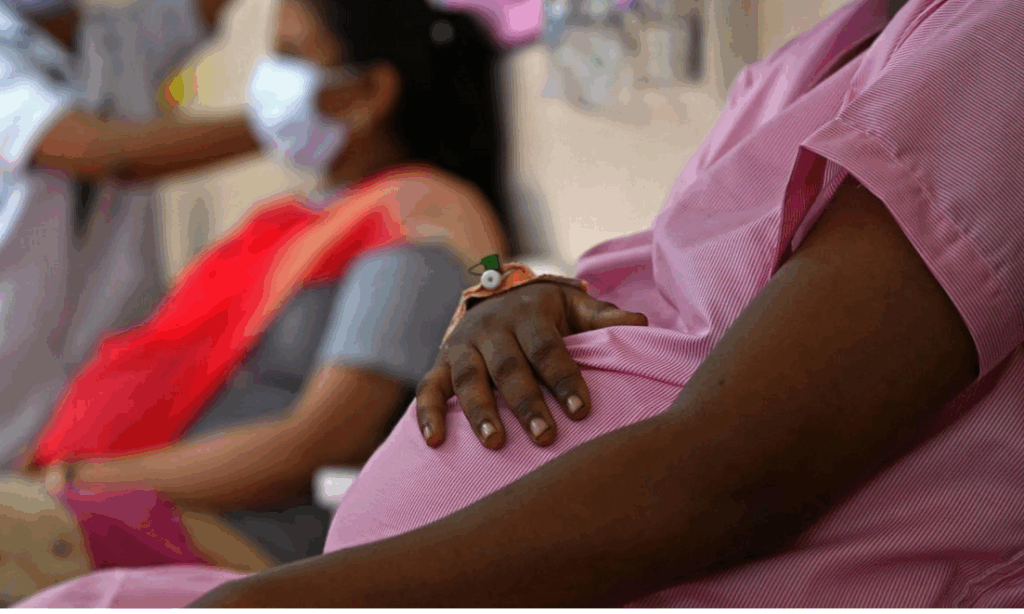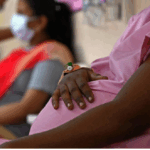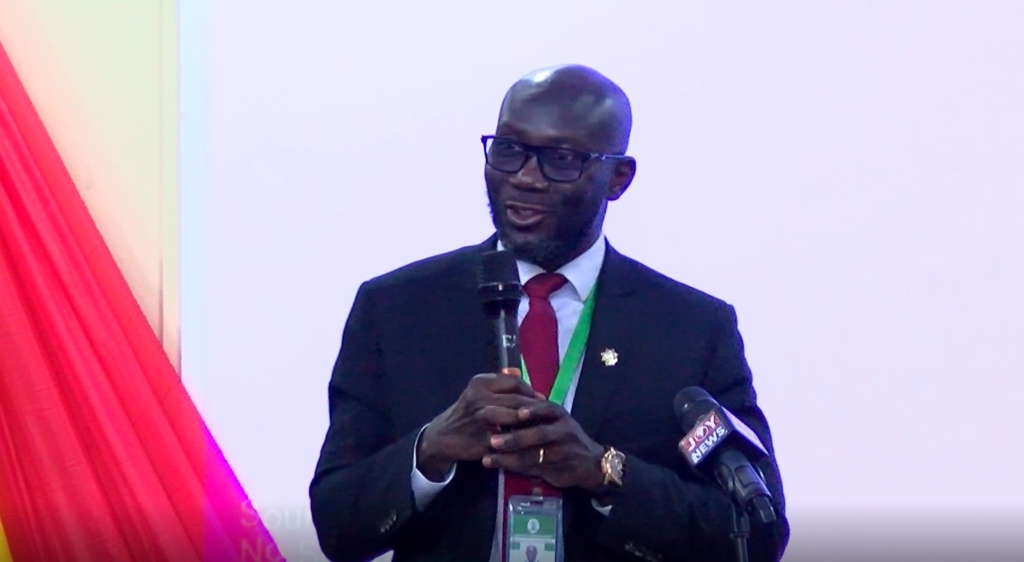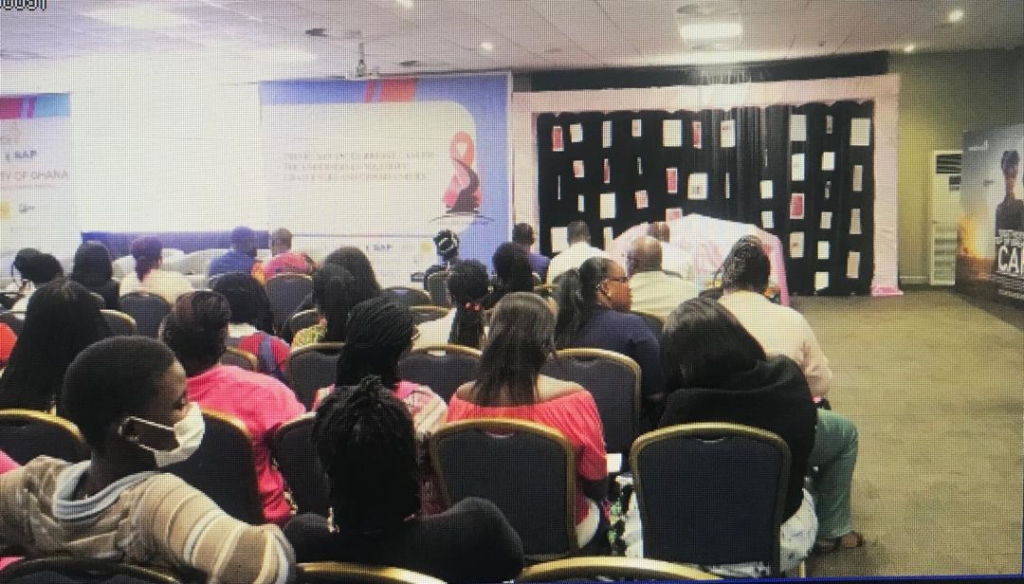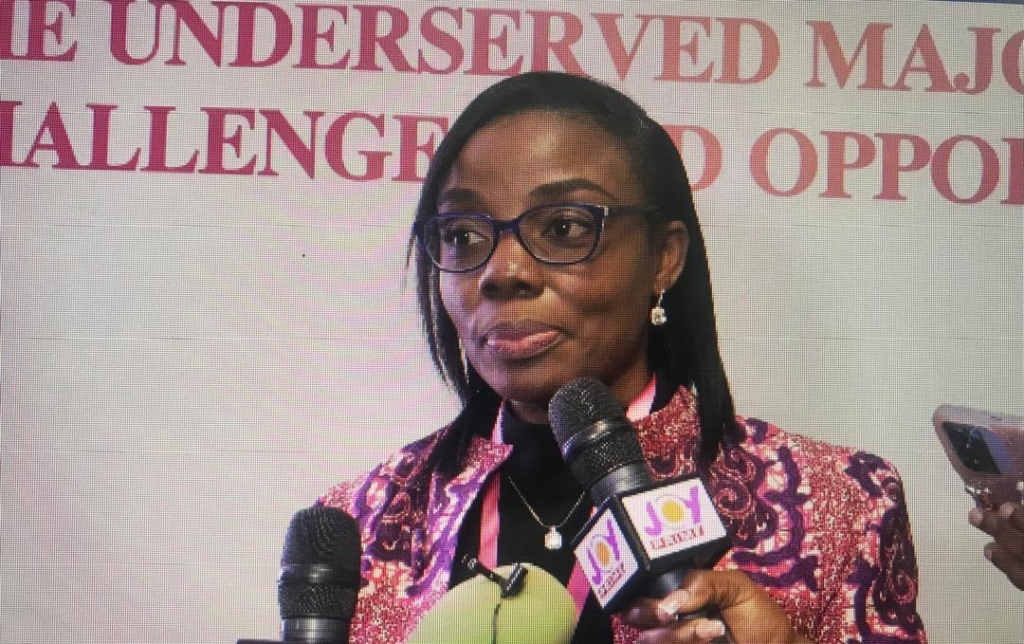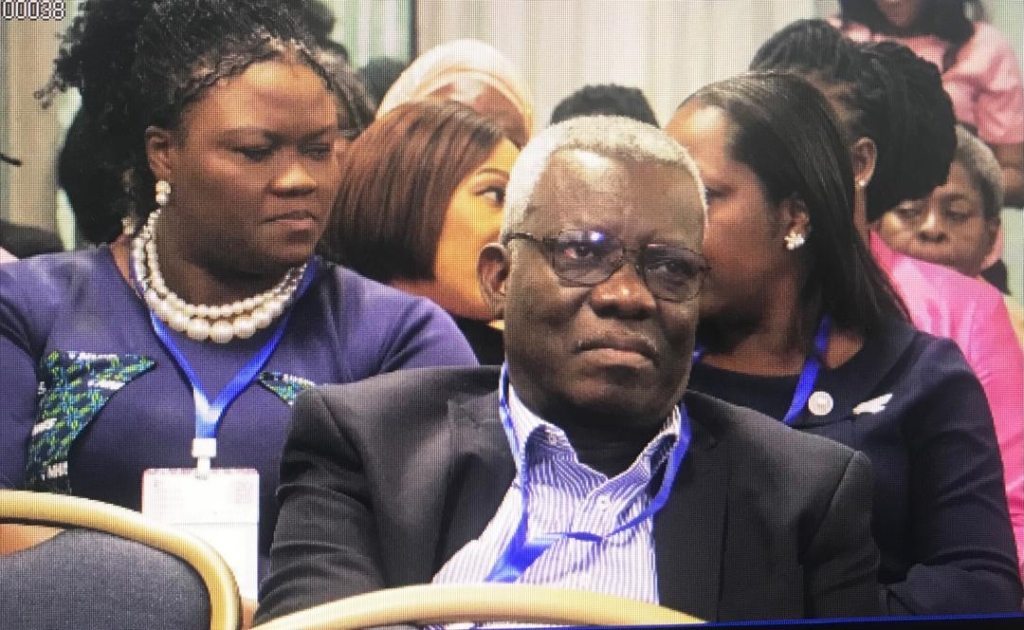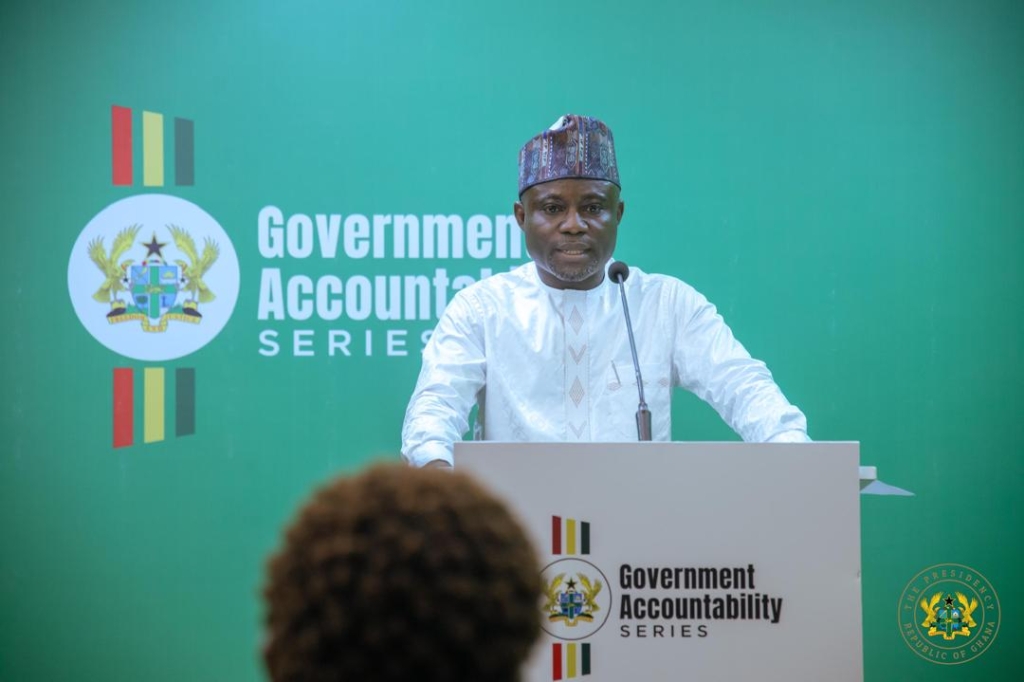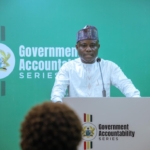African Stakeholders call for lasting solutions to dyslexia challenges
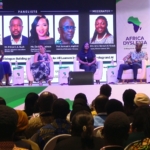
Key personalities as well as language experts converged in Accra to deliberate on finding lasting solutions to dyslexia challenges.
At the 2025 African Dyslexia Conference event, the Chief Executive Officer of the African Dyslexia Organization, Roselyn Kyere Nartey said the condition has long been neglected, and she is using the conference to champion action towards addressing the challenge.
“We’re having the Africa Dyslexia Conference because there is an issue that has been forgotten in society for so long. I mean, for example, when you go into our classrooms, there are learners over there that we consider as not doing better, they are lazy, they are not studying hard in our current language, we say, and this has been going on for years, years upon years. But, research has shown that children who may be experiencing such symptoms, may be children struggling with a form of a learning disability.”
Meanwhile, the Dean of the University of California, Julie Washington, also noted that Ghana’s linguistic diversity can predispose children to reading disorders. She therefore appealed to stakeholders to join forces in tackling the challenge holistically.
“Ghana is a very diverse context. It has a lot of diverse languages, people from different ethnic backgrounds, and with each one of those backgrounds, comes different languages, language variation that we have to consider when we’re talking about reading. Children who come from diverse language backgrounds where their oral language is different from the language of print have more work to do when they’re learning how to read.”
“So, as teachers, we have to remember to include and start with what kids know and then teach them what we want them to know. So when children come from their home communities and they’re using a language system, a mother tongue, a dialect that’s different than the one that’s at school, you don’t just suppress what they already know. Instead, you take what they know and build on top of what they know the things that you want them to learn, like reading, writing, and spelling,” she added.
The CEO of Black Legacy, Clarice Jackson debunked the assertion that dyslexia is associated with intellect and therefore called for support to address the myth surrounding the disorder.
“You will always have dyslexia but it can be remediated and overcome and there are lots of people in the world who are highly successful and are dyslexic at the same time and so that’s the real goal of this particular conference. We want to dispel myths, empower teachers and the ministries of education to teach the science of reading to all teachers as the deposit pulsa tanpa potongan professionals that they are so they are in classrooms when they have people coming into the classroom who may be dyslexic which affects up to 20% of the population.
“So about one in five and out of the classroom and so if they have that information when kids come through their children come through their classrooms they’ll know how to address it and they won’t have to deal with the internal social emotional damage and the low self-esteem.”
With one in every five children affected, advocates say urgent, coordinated action is needed to ensure no child is left behind in acquiring the basic skill of reading.



